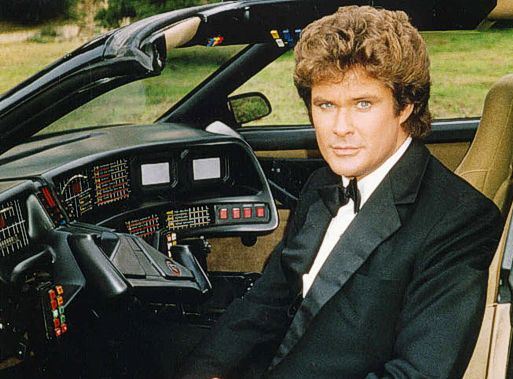
I confess to being fascinated by the sudden advance in technology over the last few years in driverless (aka. autonomous) cars. Unlike personal jetpacks (which frankly I’ve been waiting for since 1984 when some dude flew into the opening ceremony of Los Angeles Olympics) driverless cars are a real thing that is highly likely to available for sale within five years. One of the reasons to expect driverless cars on our roads in the near future is that we have not one but multiple major car companies saying they will have autonomous cars on the market by 2020, if not sooner. Yes, there was a tragic fatal accident recently involving a test driver of a Tesla autonomus car, but already there is significant evidence to suggest that driverless car are very likely to be more safe on the road than human driven ones – after all, most accidents on roads are caused by human error.
So what advantages would driverless cars offer people with impairments? Several benefits immediately spring to mind. Firstly, driverless cars provide a personal transport option for people who cannot drive. If you are unable to drive due to visual impairments, cognitive impairments, or physical impairments you could still have all the benefits of personal car use from a driverless car.
Secondly, driverless car do not need to wait where you leave them. It would be possible with a driverless car to take a trip to the supermarket, stop right outside the front door, exit your vehicle, and then send your car off to park somewhere convenient around the corner (or several blocks away) while you do you shopping. When you’re ready to return home, shopping in hand, all you would need to do is just call your car by phone (or by speaking into your watch if you want to do it Michael Knight style) to have it come and pick you up again. Shopping centers would still probably need to have drop-off points reserved for people with disabilities, but driverless cars would increase the number of vehicles that could make use of such parks at any one time.
Thirdly, driverless cars do not need to be owned by a single individual. Driverless cars create options for community ownership of vehicles, which can be used by multiple people at the same time. Your car could drop you off at work, then go and help someone else get to their doctor's appointment rather than sit unused in a carpark, waiting for you to finish your work day.
A fourth advantage of driverless cars is likely to be how space inside the car can be used. Currently, cars have to be set up to accommodate a driver, with a steering wheel, gear shift and so on. A fully functional driverless car wouldn’t even need front-facing seats. The entire interior of a car could be one large space to accommodate a wheelchair or other adaptive equipment, making getting into and out of car much easier.
The cost of driverless car will be an initial barrier to their uptake by people with disabilities, but as use of driverless cars increases, the cost will be driven down. In fact Travis Kalanick, CEO of Uber, has said that his taxi fleet will be completely driverless by 2030, by which time he expects Uber services to be so ubiquitous and cheap as to make car ownership obsolete.
William Levack is an Associate Professor of Rehabilitation at the Rehabilitation Teaching & Research Unit, Univerity of Otago, Wellington, New Zealand. Twitter: @DrLevack